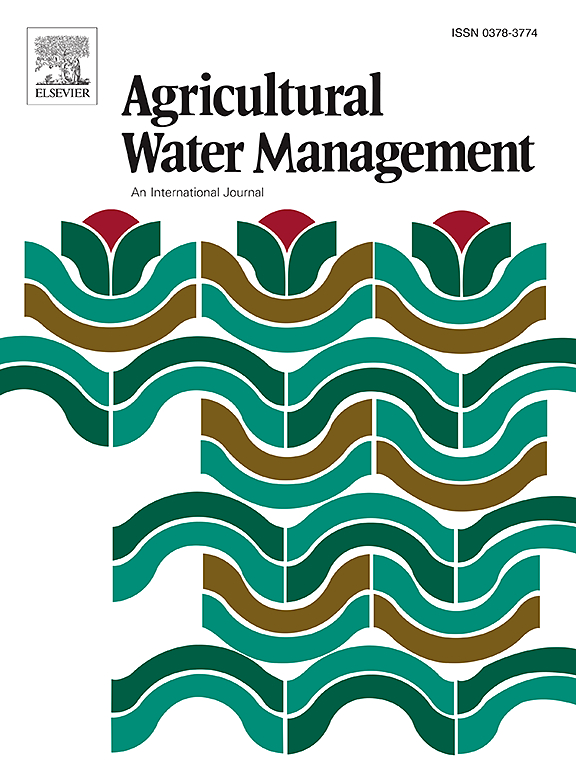Collaborative solutions for agricultural water pollution in smallholder economies: Farmers and local governments unite
IF 5.9
1区 农林科学
Q1 AGRONOMY
引用次数: 0
Abstract
Agricultural water pollution has become a major source of surface water pollution, particularly in smallholder economies where limited resources, decentralized operations, and varying technological levels exacerbate the challenge. Existing research often overlooks the unique challenges confronted by these smallholder economies, particularly the intricate interactions between local governments and farmers, which are pivotal to the success of pollution control measures. This study addresses the complex issue of managing agricultural water pollution by exploring the synergistic role of farmers and local governments. Using dynamic evolutionary game theory, we developed a model to analyze their interactions, identifying four equilibrium points that demonstrate local asymptotic stability under specific conditions. Our findings reveal that enhanced environmental benefits, increased green preferences, and heightened social pressure directly incentivize farmers to adopt environmentally friendly behaviors. Conversely, high participation costs and the expectation of high economic gains from non-participation can deter farmers from reducing pollution. Government efforts in publicity, regulatory intensity, penalties, and subsidies significantly influence farmers' behaviors and the evolution of the game system. This study provides important insights for optimizing control strategies and promoting the harmonious coexistence of smallholder economies and environmental protection, offering a novel framework for addressing the challenges of agricultural water pollution management.
小农经济中农业水污染的合作解决方案:农民和地方政府联合起来
农业水污染已成为地表水污染的一个主要来源,特别是在资源有限、分散经营和技术水平不一的小农经济中,这加剧了挑战。现有的研究往往忽视了这些小农经济体所面临的独特挑战,特别是地方政府和农民之间错综复杂的互动,这对污染控制措施的成功至关重要。本研究通过探讨农民和地方政府的协同作用,解决了农业水污染管理的复杂问题。利用动态进化博弈论,我们建立了一个模型来分析它们之间的相互作用,确定了在特定条件下表现出局部渐近稳定性的四个平衡点。研究结果表明,环境效益的提高、绿色偏好的增加和社会压力的增加直接激励农民采取环境友好行为。相反,高参与成本和期望从不参与中获得高经济收益会阻碍农民减少污染。政府在宣传力度、监管力度、处罚和补贴等方面的努力显著影响着农民的行为和博弈系统的演化。该研究为优化控制策略、促进小农经济与环境保护的和谐共处提供了重要见解,为解决农业水污染管理挑战提供了新的框架。
本文章由计算机程序翻译,如有差异,请以英文原文为准。
求助全文
约1分钟内获得全文
求助全文
来源期刊

Agricultural Water Management
农林科学-农艺学
CiteScore
12.10
自引率
14.90%
发文量
648
审稿时长
4.9 months
期刊介绍:
Agricultural Water Management publishes papers of international significance relating to the science, economics, and policy of agricultural water management. In all cases, manuscripts must address implications and provide insight regarding agricultural water management.
 求助内容:
求助内容: 应助结果提醒方式:
应助结果提醒方式:


